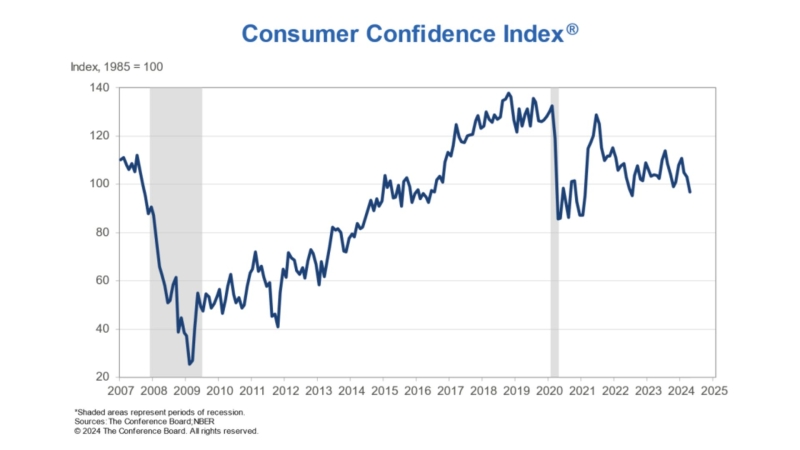Report Speculates If Brexit Helps U.S. Commercial Property

The aftermath of the Brexit vote continues to resonate, and a new report from Reis Inc. considers how the United Kingdom’s departure from the European Union will affect U.S. commercial property markets.
“As for the impact on commercial real estate, the short answer is: it is too early to tell,” said Barbara Byrne Denham, REIS economist and author of “The Impact of Brexit on Commercial Property.” “And most prognostications in recent media reports have been ambiguous at best and contradictory at worst.”
While Denham acknowledged that post-Brexit stock market tumult has brought new uncertainty to the economic environment, conditions unique to the U.S. would have a more immediate concern.
“Lower job growth in particular will slow rent growth, particularly in the office and retail markets which may also see an impact from the wealth effect,” she continued. “Neither the office nor retail sector has seen sharp rent growth rates over the last five years as the apartment market has. Although the apartment market faces overbuilding and rising vacancy rates in most metros, if the Brexit vote prompts households to delay home purchasing, apartment demand will increase in the short run as it did at the start of the recovery. This would offset the inventory growth rates that are expected to exceed net absorption growth rates in most metros over next few years and will lower vacancy rates. This could keep upward pressure on rent growth.”
Denham observed that a weaker British pound would help boost the U.S. dollar, thus helping trade-dependent U.S. metro markets and the industrial properties therein, while real estate investors that could favor the U.S. over the U.K.
“The biggest impact of the Brexit vote is on the capital markets,” she stated. “Most real estate pundits agree that global investors will look to the U.S. as a safe haven for investment, even more so than they do already. This will drive up prices and lower cap rates for commercial buildings in a number of cities. Many would argue that the gateway cities–New York, Los Angeles, San Francisco and Boston – will see the highest impact, but others have cited non-gateway cities as offering the best investment opportunity since investors have not driven up prices in these markets. Again, it is too early to tell.”





